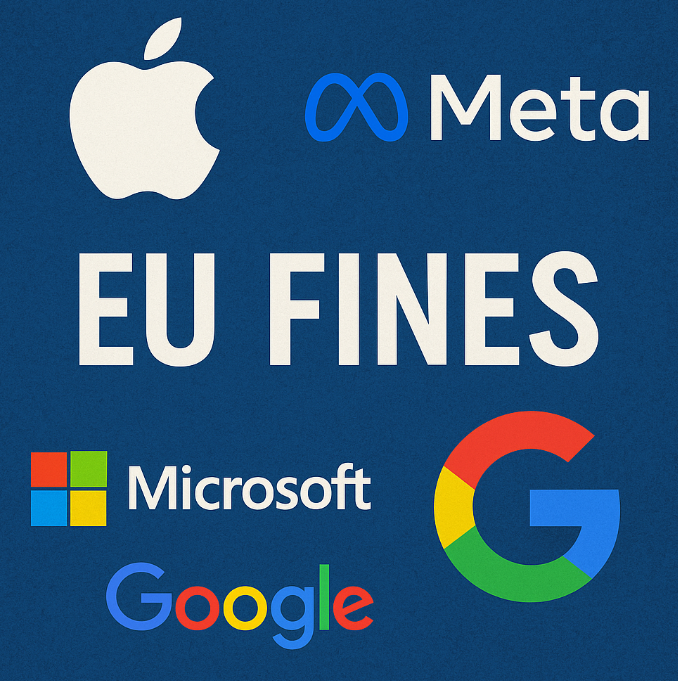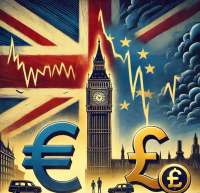Apple was fined €500 million, while Meta received a €200 million penalty.
Reasons for the Fines
Apple's Violation: The European Commission found that Apple restricted app developers from informing users about alternative purchasing options outside the App Store. This practice limited competition and prevented consumers from accessing potentially cheaper alternatives. Apple has been given 60 days to remove these restrictions or face additional fines.
Meta's Violation: Meta's "Consent or Pay" model, introduced in November 2023, required users to either consent to data tracking for personalized ads or pay for an ad-free experience on Facebook and Instagram. The EU determined that this approach limited user choice and violated the DMA. Although Meta revised the model to offer a less invasive ad option, regulators are still assessing its compliance.
Impact on Company Policies in Europe
These fines signal the EU's commitment to enforcing the DMA and ensuring fair competition. Apple and Meta may need to make significant changes to their business models in Europe. For Apple, this could involve allowing alternative app stores or payment methods on iOS devices. Meta might need to offer more privacy-friendly options without monetizing user data.
Financial Impact
While the fines are substantial, they are relatively small compared to the companies' annual revenues. Apple reported a net income of $93.7 billion, and Meta reported $23.9 billion. Therefore, the immediate financial impact may be limited.
Other Major EU Fines Since 2000
The EU has a history of imposing significant fines on tech giants for antitrust violations:
- Microsoft:
- 2004: €497 million for abusing its market dominance.
- 2008: €899 million for failing to comply with the 2004 judgment.
- Google:
- 2017: €2.42 billion for favoring its own shopping service in search results.
- 2018: €4.34 billion for illegal practices regarding Android mobile devices.
- 2019: €1.49 billion for abusive practices in online advertising.
Reasons for Ongoing Fines
Despite previous penalties, tech companies continue to face fines due to:
- Business Models: Their core revenue strategies often conflict with EU regulations.
- Regulatory Complexity: Navigating diverse legal frameworks across countries can lead to non-compliance.
- Enforcement Challenges: Implementing and monitoring compliance is complex and resource-intensive.
These factors contribute to repeated violations and subsequent fines.
Conclusion
The recent fines against Apple and Meta underscore the EU's determination to enforce the DMA and promote fair competition. While the financial impact on these companies may be limited, the required policy changes could have significant implications for their operations in Europe. The ongoing regulatory scrutiny suggests that tech giants must continuously adapt to comply with evolving antitrust laws.
A detailed article for better understanding DMA and its scope can be found here.








